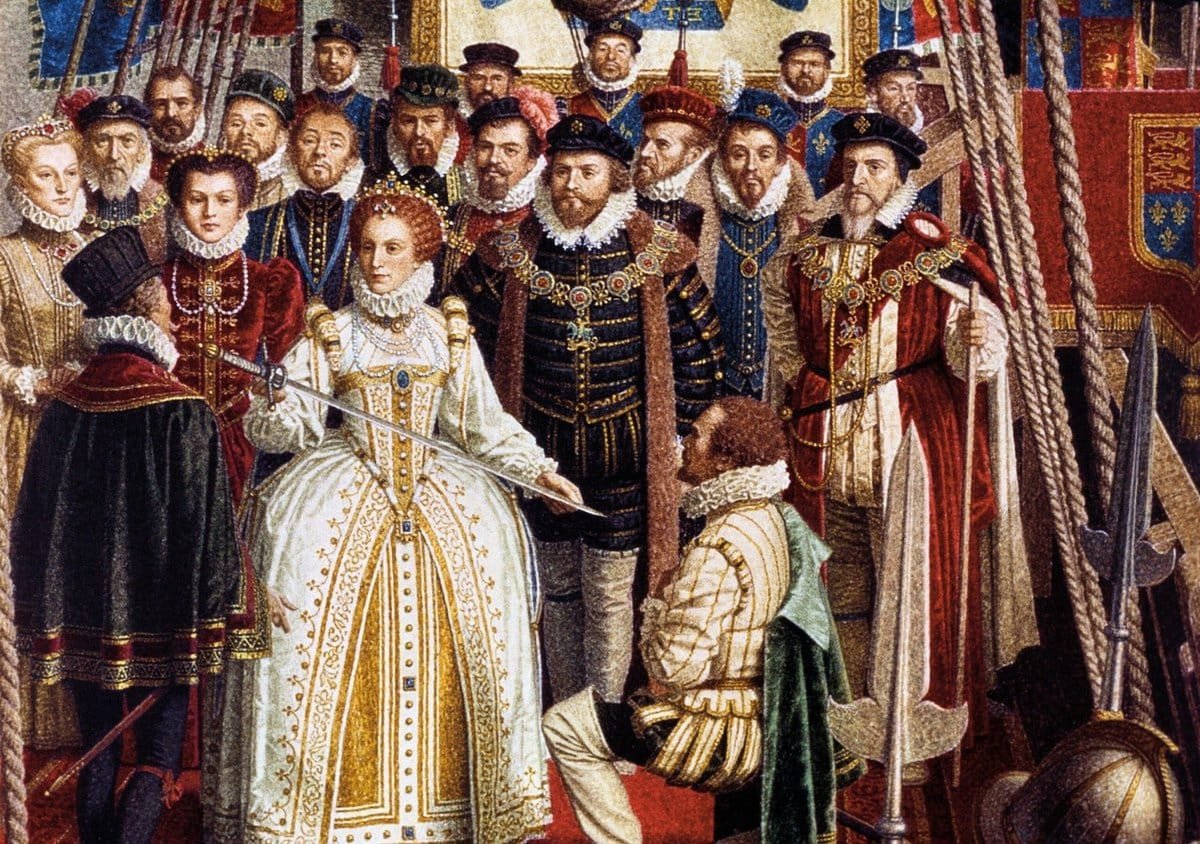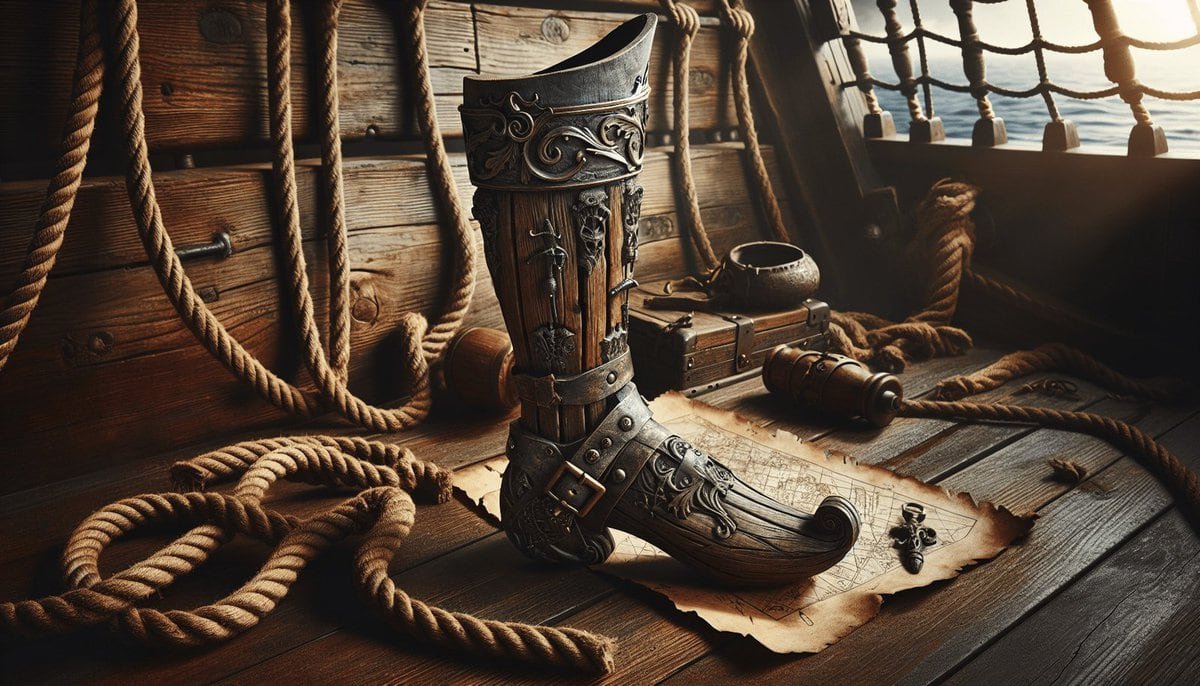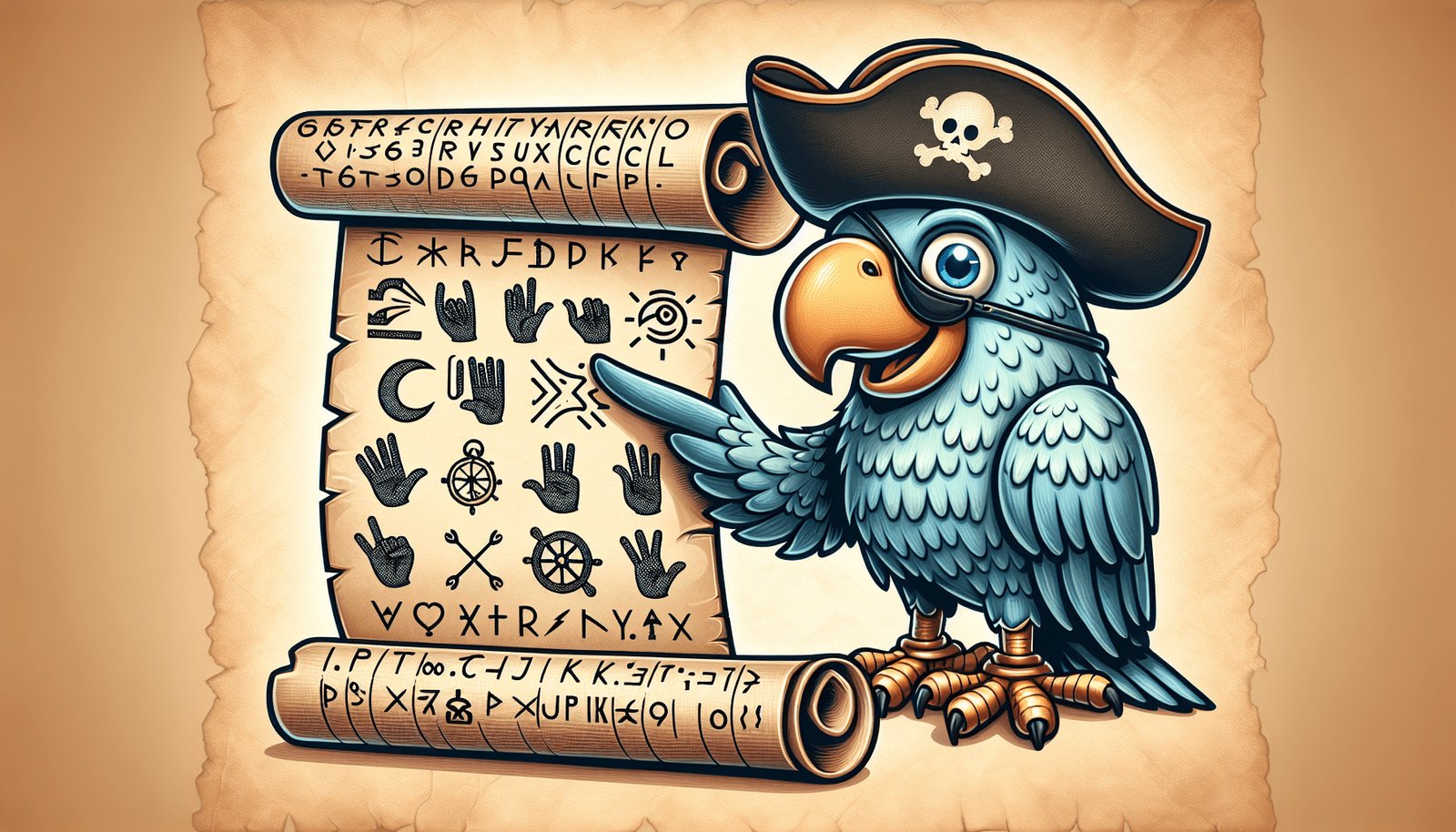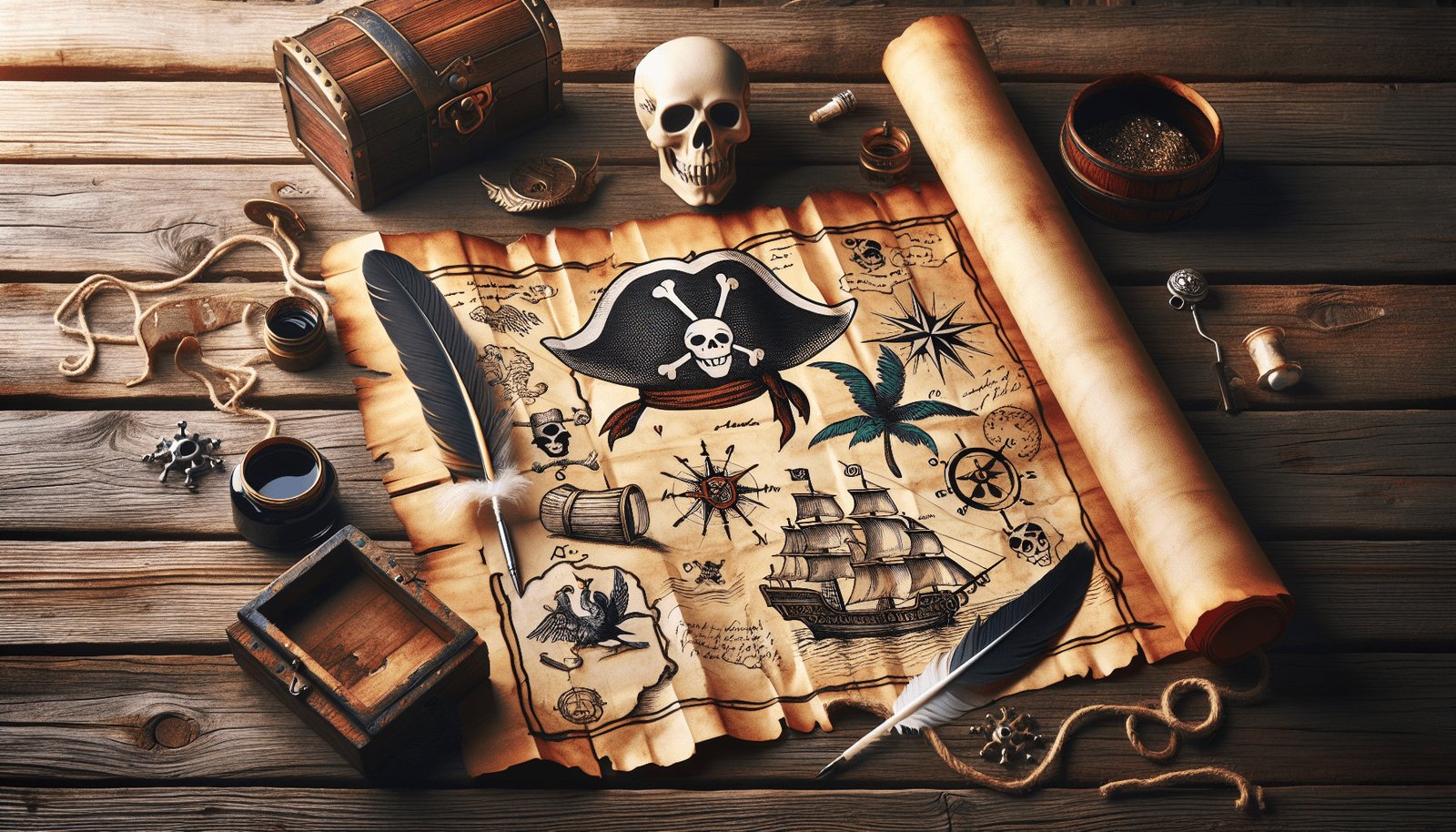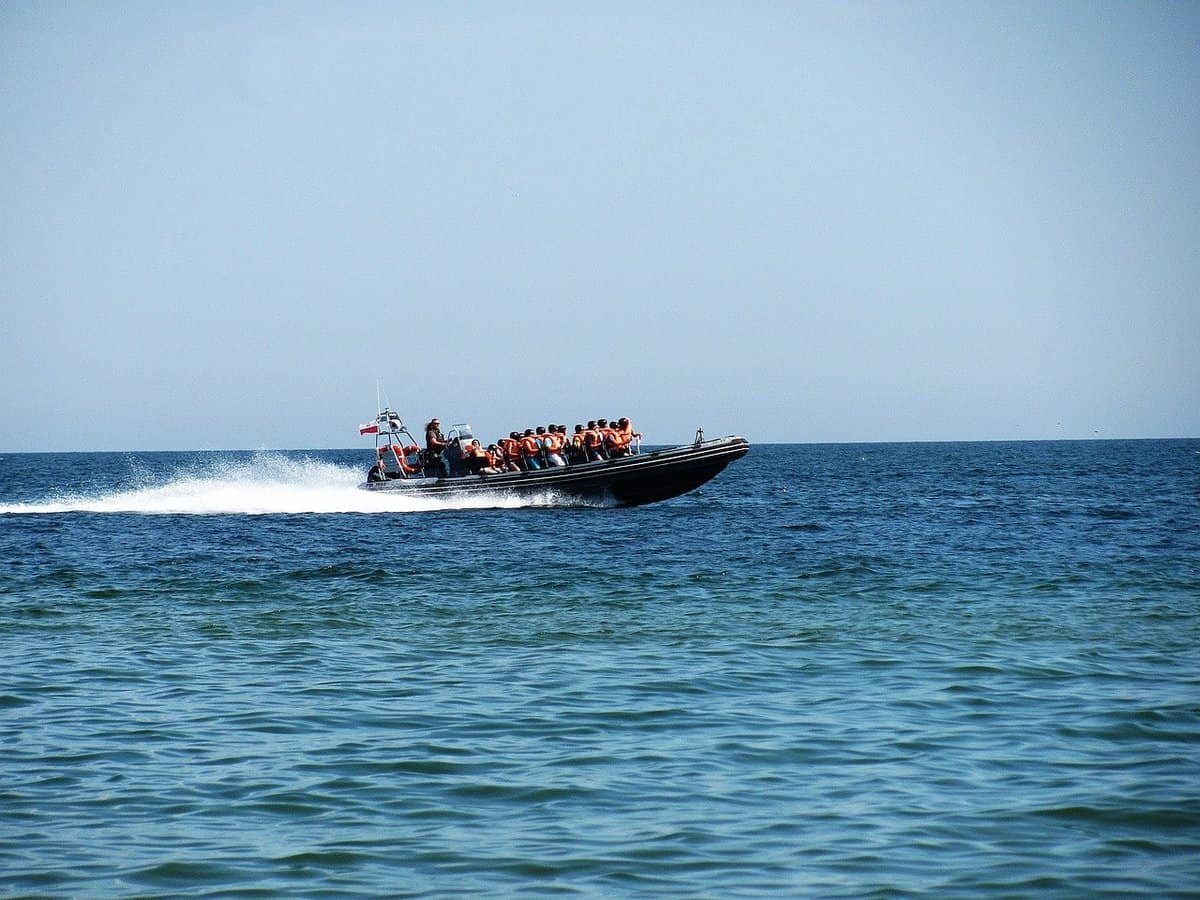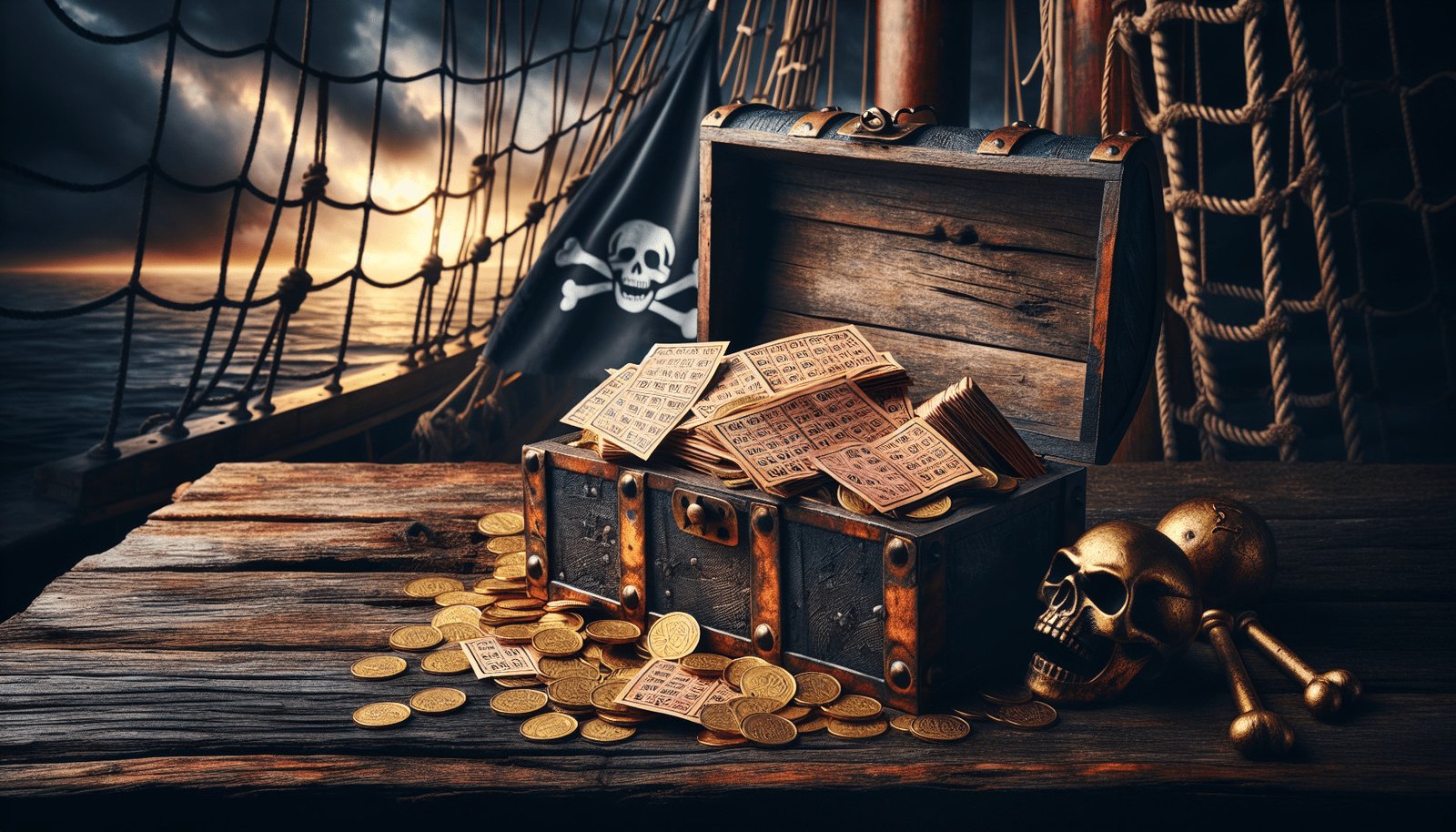## Pirate Diplomacy: Unlikely Alliances and Strategic Measures in the Age of Piracy
The Golden Age of Piracy saw a complex interplay between pirates and colonial powers, defying the simplistic narrative of outlaw versus authority. This period, spanning the 17th and 18th centuries, witnessed unexpected alliances, fueled by mutual interests and a complex geopolitical landscape. Far from being solely motivated by plunder, pirates offered valuable skills and strategic advantages that colonial powers found indispensable. This article explores the intricate world of pirate diplomacy, delving into the motivations, opportunities, and consequences of these unusual partnerships.
The image of a pirate captain wielding a cutlass in the halls of Parliament might seem ludicrous, yet this unconventional diplomacy played a significant role in shaping the political and economic landscape of the time.
The Players: Pirates and Their Colonial Counterparts
Far from being a homogenous band of rogues, pirates were a diverse group with a range of motivations. Some sought freedom from oppressive social structures, while others were disenchanted sailors seeking better opportunities. However, they all shared a disdain for authority and a relentless pursuit of autonomy.
On the other side stood the colonial powers, driven by ambitious expansionist goals and a desire for control over valuable trade routes and resources. Wealthy nations like Britain, Spain, and France sought to consolidate their influence, often resorting to questionable tactics and alliances to achieve their objectives.
A Mutually Beneficial Exchange:
While pirates were notorious for their piracy, their relationship with colonial powers was more nuanced than simple antagonism.
* Reconnaissance and Navigation Expertise: Pirates possessed invaluable knowledge of maritime routes, weather patterns, and the intricacies of naval warfare. This intelligence proved incredibly useful for colonial powers seeking to outmaneuver rivals, establish new trading posts, and navigate treacherous waters.
* Fear as a Weapon: The infamous reputation of pirates, known for their ruthlessness and daring raids, served as a potent weapon of intimidation. This psychological advantage could disrupt rival trade, deter interference, and facilitate colonial expansion.
* Economic Gains: While primarily understood as thieves, pirates often engaged in complex barter systems and negotiations. Colonial powers sometimes provided material support and safe havens in exchange for valuable information, captured ships, or a share of plunder.
The High Cost of Collaboration:
Despite the apparent benefits, cooperation with pirates presented significant risks for colonial powers.
* Loss of Control: Entrusting power to independent pirates, even for strategic purposes, risked erosion of authority and manipulation.
* Reputational Damage: Association with pirates tarnished the image of colonial powers, raising concerns about morality and ethical conduct.
* Unpredictability: The inherent volatility of pirate operations meant that alliances could turn volatile and unreliable.
Conclusion:
Pirate diplomacy during the Golden Age of Piracy reveals a complex and often paradoxical relationship between criminals and legitimate authorities. While ultimately driven by self-interest, this unique form of collaboration shaped the political and economic landscape of the era. The rise and fall of pirate power, its impact on colonial expansion, and the ethical dilemmas surrounding these alliances offer a fascinating window into a crucial, yet often overlooked, chapter in history.
Keywords: Golden Age of Piracy, Pirate Diplomacy, Colonialism, Maritime History, Trade Routes, Reciprocity, International Relations, Power Dynamics.
